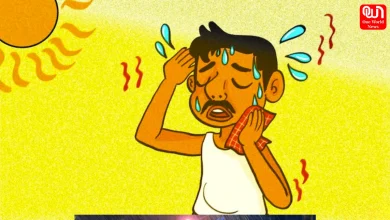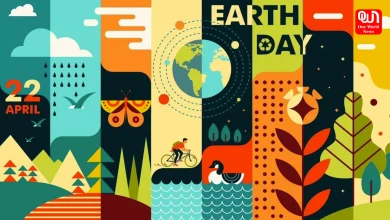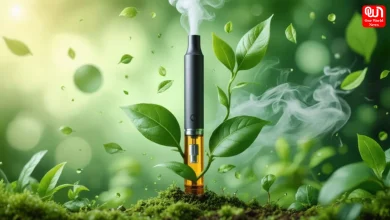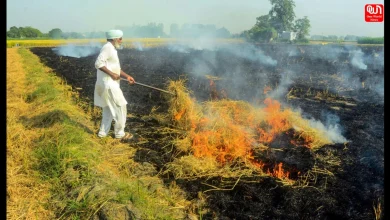Bone-chilling winters in Delhi: Records lowest temperature in 2 years
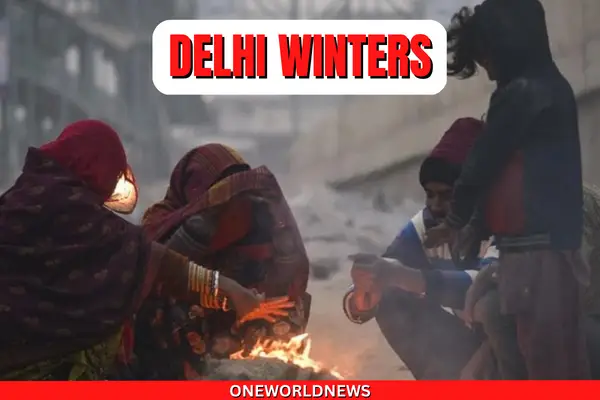
3° Celsius recorded in Delhi and Orange Alert Issued
Winters in Delhi: The Capital is shivering with the latest cold waves that have enveloped parts of North India. Low visibility due to fog that has settled across the National Capital Region has made flights take extra precautions. People can be seen huddled around bonfires to provide some respite against the harsh weather.
Some parts of Delhi saw the temperature dip to three degree Celsius, marking the lowest temperature in the past two years.
Are flights delayed?
IGI Airport announced that Low Visibility Procedures are in progress and currently, flights are operating normally.
Update issued at 06:15 Hours
Kind attention to all flyers!#Fog #FogAlert #DelhiAirport pic.twitter.com/nYhkuofKB1— Delhi Airport (@DelhiAirport) January 5, 2023
What is the weather prediction?
According to IMD (Indian Meteorological Department), the cold waves will continue to intensify in North Indian parts of Delhi, Haryana, Punjab and Chandigarh. Though a respite was seen during the New Year, the IMD predicts that the waves will increase over the week, only to decrease in intensity after this.
Dense to very dense fog and cold day conditions very likely to continue over northwest India during next 3 days and decrease in intensity & distribution thereafter. pic.twitter.com/MtHAmR6CRs
— India Meteorological Department (@Indiametdept) January 4, 2023
Dense to very dense fog and cold conditions will also persist according to IMD.
i) Dense to very dense fog and cold day conditions very likely to continue over northwest India during next 4-5 days.
ii) Cold wave conditions very likely to continue over northwest India during next 3 days and decrease in intensity thereafter. pic.twitter.com/6Rlq10xy0m— India Meteorological Department (@Indiametdept) January 3, 2023
The maximum temperature is also predicted to be around 17 degrees Celsius or lower in the coming few days, which is below the normal of 19 degrees Celsius during this time of the year.
Orange Alert Announced
Due to the predictions, IMD has also issued an orange alert in Delhi and NCR regions. An orange alert is a caution against extremely harsh or bad weather. It signifies ‘be prepared’. It is usually announced when temperatures fall in the range of >4 to <=10°C. If the temperature continues to be below four degrees Celsius for two days, a red alert can be announced. The red alert signifies ‘Warning’ and is a call for the authorities to take some action.
Air Quality Index
The Air Quality Index (AQI) in Delhi has worsened to Very poor or poor category, with areas such as R.K Puram seeing an AQI of 373. AQI reports the quality of air and tells how polluted the air around is. Poor AQI is often harmful to our health and is worse for people who have respiratory illnesses.
Winters in Delhi are usually harsh, but this year has been one of the harshest in the past few years. These conditions have been particularly hard for the homeless, auto drivers or those who are on the street to earn their daily wages. The lack of sun amidst the fog has made things even worse for the people there. This dome of fog also restricts the escape of terrestrial radiation. Additionally, light surface winds have also contributed to lower temperatures.

